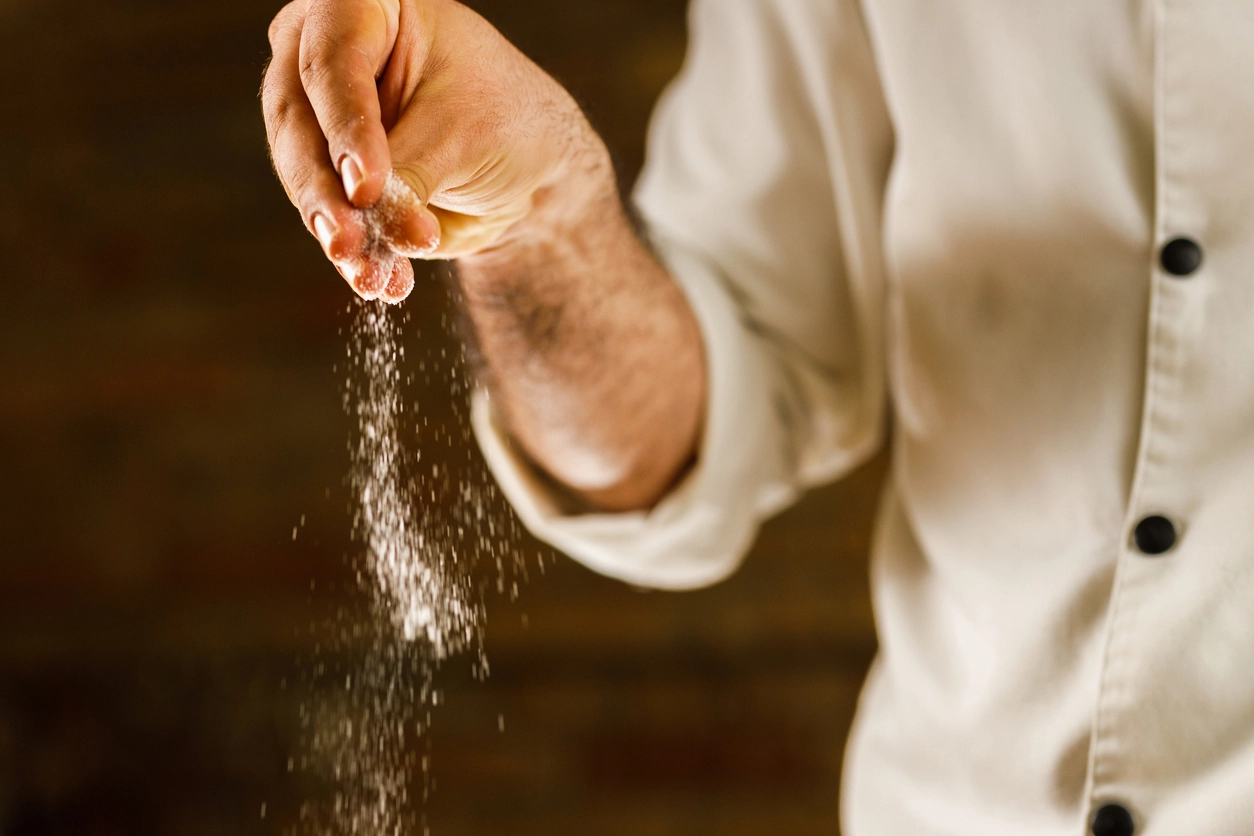
By: ShelbinMS
New research has revealed that replacing regular salt with a salt substitute lowers blood pressure and protects against heart attack and stroke.
It is a known fact that high consumption of salt composed of sodium chloride will drive blood pressure up and will result in cardiovascular ailments. But, the latest study advises to replace it with potassium chloride.
The study, which compiled results from 21 clinical trials, involving nearly 32,000 participants, found that salt substitutes reduced blood pressure in all participants, regardless of region, age, sex, weight and blood pressure-related factors.
The studies were carried out in Europe, the Western Pacific region, the Americas and Southeast Asia. The amount of sodium chloride in the salt substitutes varied from 33 percent to 75 percent and the amount of potassium chloride ranged from 25 percent to 65 percent.
According to the study, each 10 per cent reduction in sodium chloride in the salt substitute was linked with a 1.5 mm Hg reduction in systolic blood pressure and about a 1 mm Hg fall in diastolic blood pressure.
A further analysis also revealed that salt substitutes lowered the risks of early death by 11 per cent, cardiovascular disease by 13 per cent and the risks of heart attack or stroke by 11 per cent.
Similar results were published in a study last year, involving over 20,000 participants with high blood pressure from 600 villages in China.
More than 14 million people in the UK have high blood pressure, about 5 million of whom are undiagnosed, according to the British Heart Foundation (BHF). High blood pressure contributes to around half of all heart attacks and strokes in the UK.
Research suggest that our body needs only a small amount of sodium, and we should get about 1,500 milligrams of it every day.
The change in blood pressure happens through kidneys. Too much salt makes it harder for them to get rid of fluid that you don’t need. As a result, blood pressure goes up.
“These findings are unlikely to reflect the play of chance and support the adoption of salt substitutes in clinical practice and public health policy as a strategy to reduce dietary sodium intake, increase dietary potassium intake, lower blood pressure and prevent major cardiovascular events,” researchers said.
The report was published in the journal Heart on Tuesday (9).
“The fact that dietary change in the form of a salt substitute can reduce cardiovascular events and death is truly a thought-provoking finding,” said Dr Guy Mintz, director of cardiovascular health and lipidology at Sandra Atlas Bass Heart Hospital in Manhasset, New York.
“The effectiveness of salt substitutes across various populations, as an adjunct to medical therapy and lifestyle changes including exercise, is a welcome finding. Salt substitution to reduce blood pressure and cardiovascular events is something that should interest all clinicians.”
According to Tracy Parker, a heart health dietitian at the BHF, the study is a reminder to reduce the amount of salt in our diets.
“While low salt substitutes have less sodium than regular salt, they still contain potassium which may not be suitable for some people with a heart problem and other existing health conditions. If you want to look after your health, it’s better to just eat less salt. Using different herbs and spices when cooking is a great way to add flavour and replace salt,” Parker said.
